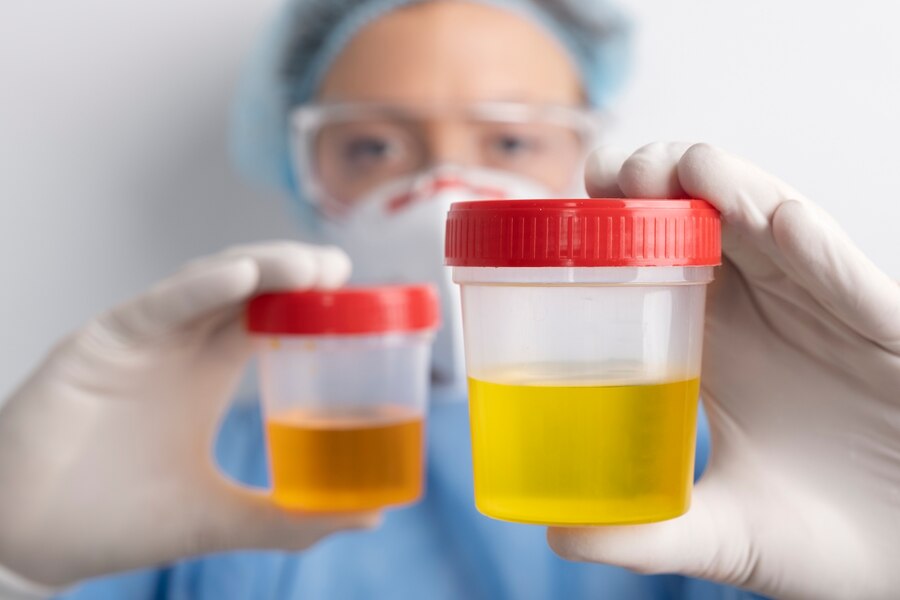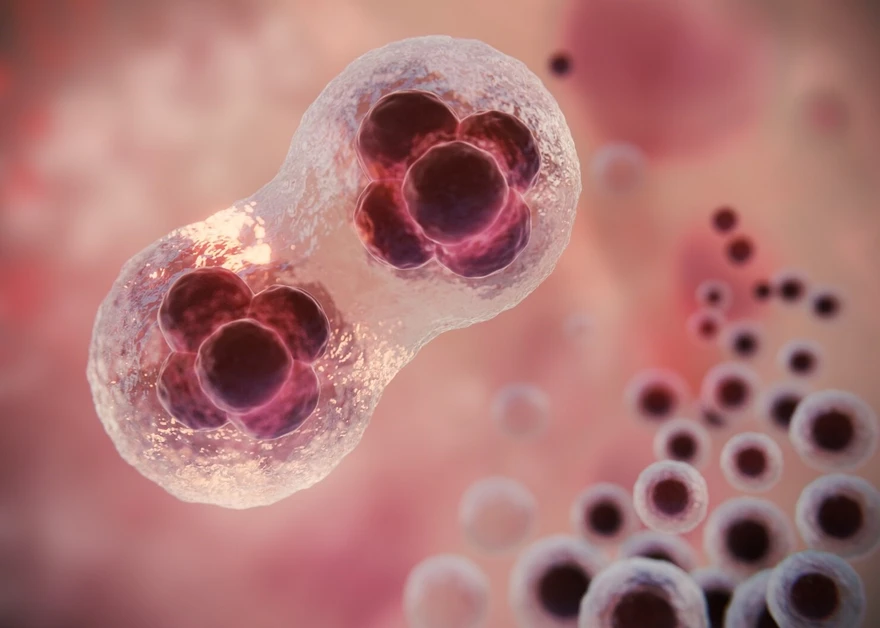Preventive Healthcare
Understanding the Urine Color Chart
24582 Views
0

In a normal, healthy individual, urine colour ranges from pale yellow to deep gold. This colour depends upon various factors like your level of hydration, overall health and how diluted it is.
You may notice a slight odour in your urine based on your diet. There can be changes in your urine colour due to food, medications or nutritional supplements you take.
However, sometimes, changes in your urine colour may indicate a serious medical condition that requires immediate attention. Read on to learn more about the symptoms and causes of abnormal urine colour and how they can be treated and managed.
What Causes Changes in Urine Colour?
Changes in urine colour can be harmless, especially when they are caused by the foods you eat, which include the following:
- Foods like beetroots, blackberries, blueberries, fava beans and rhubarb can cause your urine to turn reddish or sometimes darker shades of brown.
- Vitamin C present in certain fruits and vegetables can also turn urine orange.
- Carrots are known to turn urine light orange.
- If you have B vitamin-rich foods, you may notice a slight greenish tinge in your urine.
- Foods that contain dyes also may change your urine colour.
Besides foods, certain medications can alter the colour of your urine, which include the following:
- Few chemotherapeutic drugs can turn your urine colour orange.
- Stomach acid reducers may turn urine blue.
- Phenazopyridine, a drug used to treat urinary tract infections and bladder pain, can give your urine an orange hue.
Sometimes, a change in your urine colour may mean more serious conditions. Here is what your urine colour change may mean:
- Dark Yellow Urine
If the colour of urine changes to a darker hue of yellow, it is most likely because you may be dehydrated. Drinking water can help restore your urine colour.
- Red or Pink-Tinged Urine
Sometimes, your urine may appear red or pink in colour. A few possible causes for this include the following:
- Foods like beets, blackberries, rhubarb
- Medications like rifampicin, phenazopyridine
- Severe muscle injury
- presence of blood in urine due to an internal injury, obstruction, infection, benign prostate enlargement or cancer
- Lead or mercury poisoning
Blood in urine is a matter of concern and requires immediate medical attention.
- Orange Urine
Orange-coloured urine is caused by medications like:
- Laxatives
- Some chemotherapy drugs
- Rifampicin
- Sulfasalazine
- Phenazopyridine
Some medical conditions, like problems with your bile ducts or liver, can also cause orange-coloured urine, especially when accompanied by light stools.
- Blue or Green Urine
If you notice blue- or green-coloured urine, it may be due to the following:
- Food colouring
- Dyes used in some kidney or bladder tests
- Medications like indomethacin, amitriptyline, propofol and a few multivitamins
In some rare cases, a blue-green tinge of urine may be due to a urinary tract infection caused by Pseudomonas aeruginosa.
- Brown Urine
Brown-coloured urine can be due to the following:
- Foods like rhubarb or fava beans
- Medications like chloroquine, metronidazole, primaquine or laxatives that contain senna
- Some urinary tract infections, kidney or liver disorders
- Severe muscle injury
What Are the Symptoms of Changed Urine Colour?
The changes in urine colour are often very easy to see and smell. The most common symptoms of changed urine colour include the following:
- An evident difference in your urine colour
- Foaming of urine
- Strong odour
How Is Abnormal Urine Colour Managed and Treated?
When you report to your doctor with abnormal urine colour and other associated symptoms, they will perform a thorough diagnosis to determine the cause of the colour change. This will help them treat and manage the condition effectively.
A few tests that may be recommended for diagnosis, which include the following:
- Routine blood tests, including liver function test
- Urine analysis
- Urine culture to determine infection
- Urine cytology
- Cystoscopy
- Ultrasound of the kidneys and the bladder
Depending on what is causing your abnormal urine colour, your doctor will suggest the appropriate treatment plan. Sometimes, minor and simple lifestyle modifications are needed to restore urine colour to normal. For example, increasing hydration to counter dehydration or avoiding eating foods that may be causing a change in your urine colour.
Book Blood Test at Home
In Summary
Understanding the significance of urine colour can provide valuable insights into your overall health. By recognising the various symptoms, causes, types and available treatment options, we can take proactive steps towards better well-being.
Remember, any significant changes in urine colour should never be ignored, and it is crucial to consult a healthcare professional for a proper diagnosis and personalised care. Unsure why your urine colour looks different? Get a urine analysis from your nearest Metropolis Labs. Always rely on a certified laboratory like Metropolis India for urine tests. Metropolis India's high-end technology and accurate and timely reports help you receive immediate treatment, which ensures a full recovery.













1701259759.webp)









 WhatsApp
WhatsApp